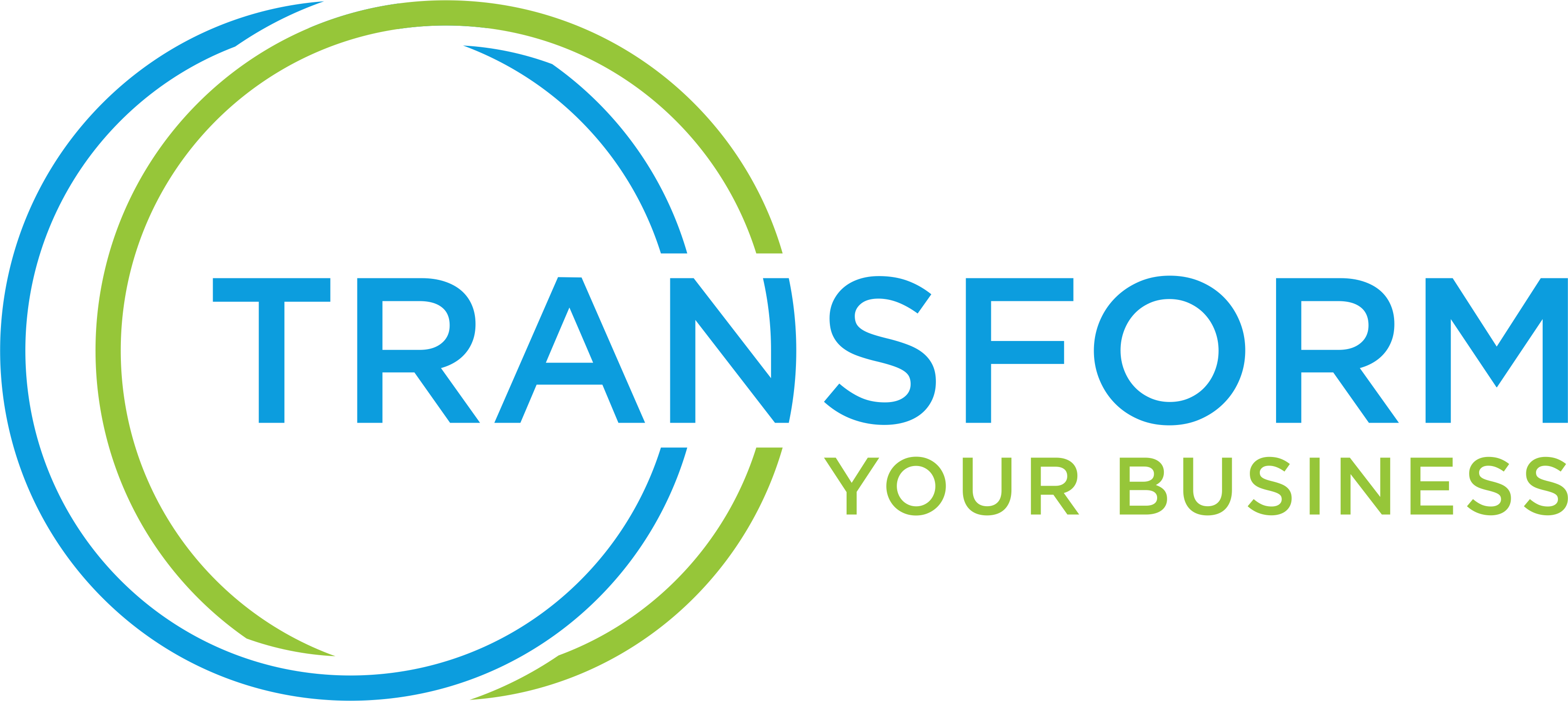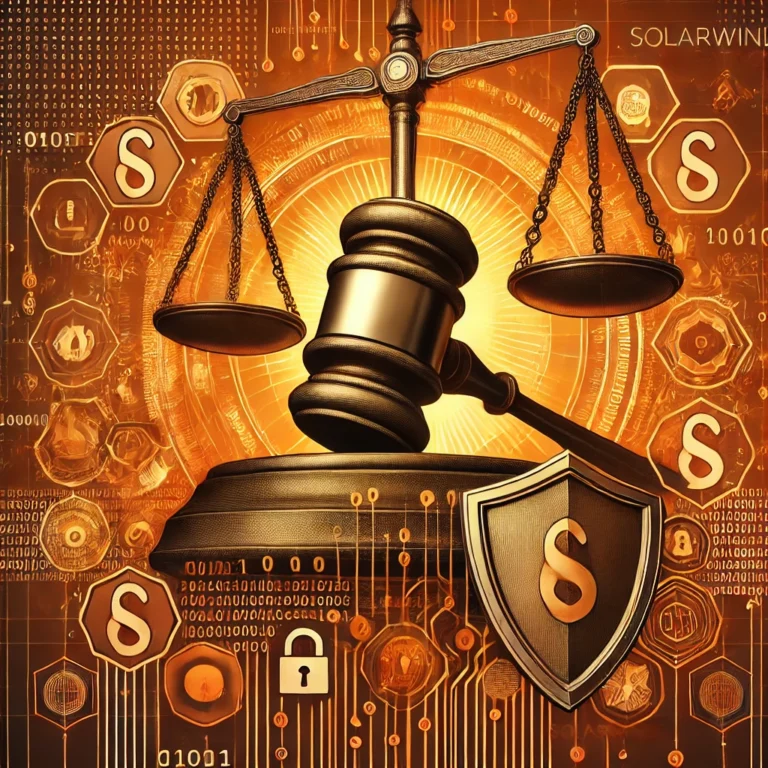Understanding Legal and Cybersecurity Implications for Your Business
SolarWinds recently achieved a significant legal victory, defeating part of the SEC’s fraud case over a major hack disclosed in 2020. This case has substantial implications for small and medium-sized businesses (SMBs) regarding legal accountability, cybersecurity measures, and transparency. Here are four key lessons that SMBs can learn from this incident to strengthen their own practices.
1. Importance of Transparent Communication
The SEC’s lawsuit emphasized the need for transparent communication about cybersecurity risks and incidents. SolarWinds was scrutinized for not adequately informing shareholders about the risk of cyberattacks and the actual breach.
SMBs should maintain clear and honest communication with stakeholders about cybersecurity risks and incidents. Ensure that any public statements about security measures and incidents are accurate and not misleading.
2. Understanding Regulatory Requirements
The case against SolarWinds highlighted the SEC’s expectations for how companies should disclose cyber risks and incidents. New SEC rules now require publicly traded companies to report cyberattacks within four business days if they have a material impact on the business.
Stay informed about regulatory requirements for cybersecurity disclosures. For SMBs, this means understanding relevant regulations and ensuring compliance with reporting obligations to avoid legal repercussions.
3. Robust Cybersecurity Practices
SolarWinds’ situation underscores the critical need for robust cybersecurity measures. Despite the breach, the company had defenses that allowed it to trace the activity and work with security companies and law enforcement.
Invest in strong cybersecurity practices, including regular audits, incident response plans, and partnerships with cybersecurity firms. Ensure that your systems are continuously monitored and updated to protect against potential threats.
4. Legal Accountability of Cybersecurity Executives
he case against SolarWinds’ chief information security officer, Tim Brown, highlights the increasing legal accountability of cybersecurity executives. This can have significant implications for how cybersecurity roles are perceived and managed within organizations.
Ensure that cybersecurity executives are aware of their legal responsibilities and that they have the resources and support needed to maintain strong security practices. This includes ongoing training and clear protocols for incident management.
The partial legal victory of SolarWinds over the SEC’s fraud case serves as a critical reminder of the importance of transparency, robust cybersecurity measures, and legal accountability. For SMBs, these lessons highlight the need to communicate honestly with stakeholders, stay informed about regulatory requirements, invest in strong cybersecurity practices, and ensure the legal accountability of executives. By implementing these practices, SMBs can better protect their data, operations, and reputation in an increasingly complex cybersecurity landscape.
Related Blogs:
5 Key Insights On Transforming Your SMB With AI Powered Hardware – tybsolutions.com
5 Strategies for SMBs to Manage Costs in 2024 – tybsolutions.com

